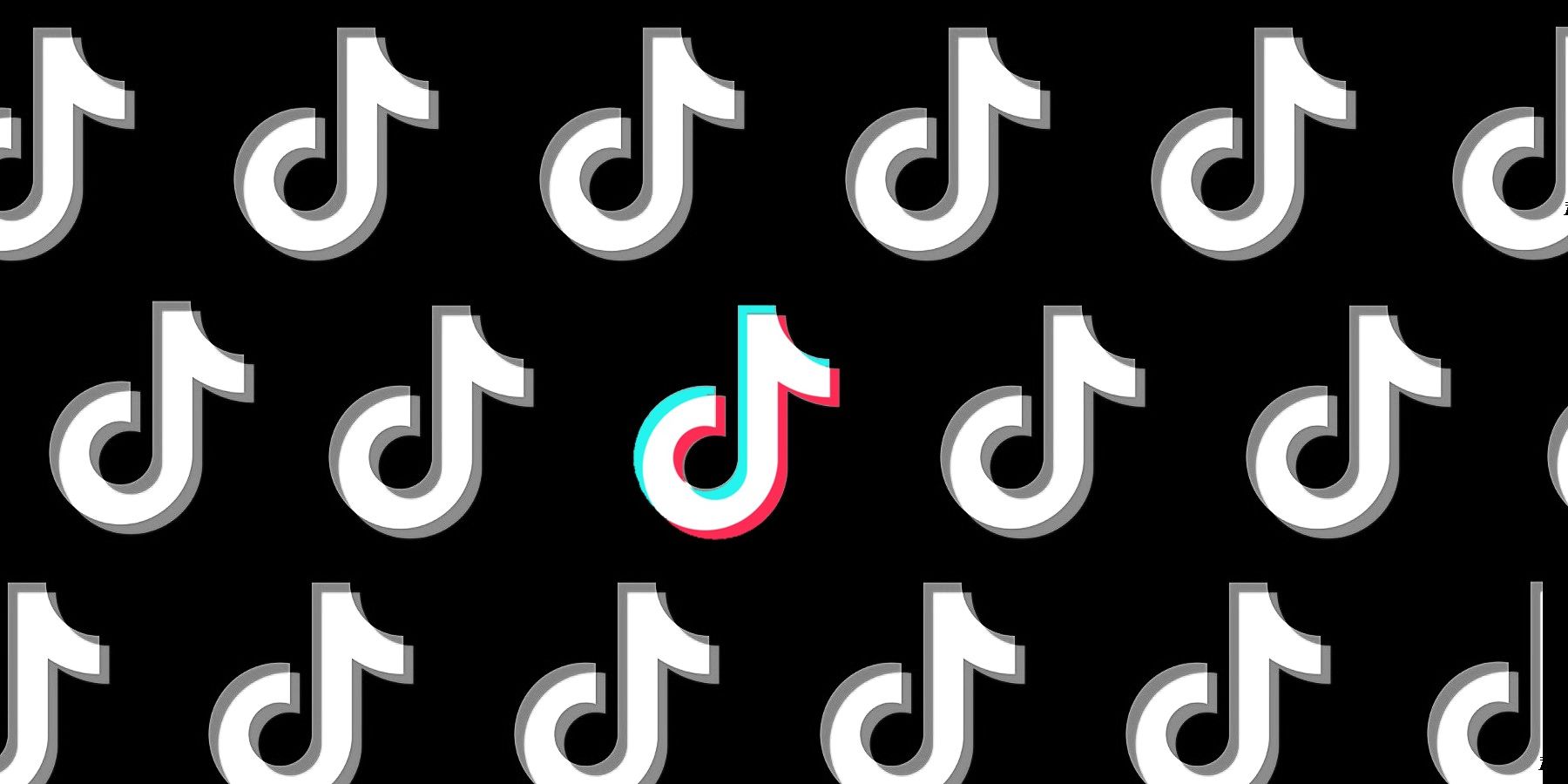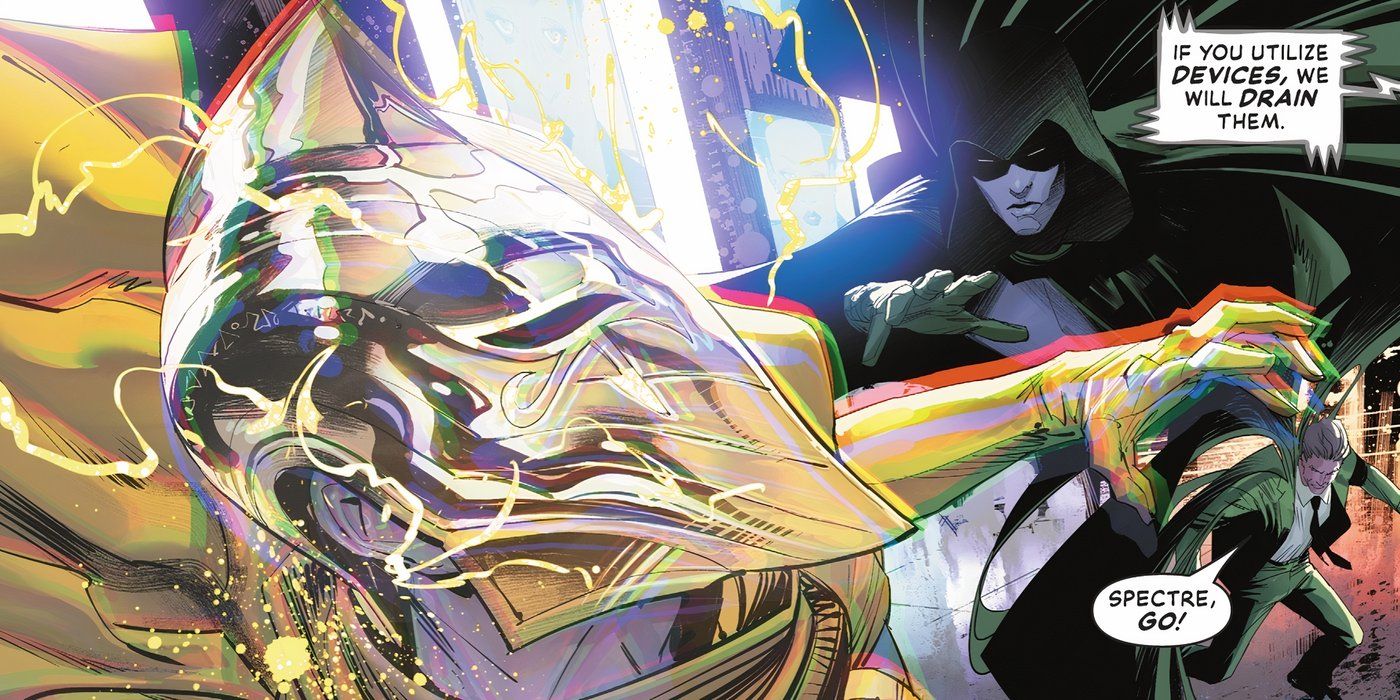TikTok is encountering a potential ban in Pakistan. Whereas the app has been banned in India and has recently drawn the ire of the Trump administration, the Pakistani Telecommunications Authority (PTA) has announced that TikTok could soon be banned, due to the type of content posted on the popular social media network. Another similar app, Bigo Live, has actually been banned within Pakistan recently, making the threat all the more credible.
The ban in India, as well as the potential for a ban in the United States, stems from national security concerns. Meanwhile, in Pakistan, content offensive to the country’s Islamic culture and religion are the central contention between the Chinese company and the local government. The ongoing negotiations in Pakistan take place at a time when TikTok is considering distancing itself from its Chinese roots to resolve other crises, a tactic that is not likely to assuage the concerns in this case.
With respect to the government’s announcement, a number of people on Twitter are questioning whether threatening to ban the app is the correct decision. Some tweets question why the PTA is not requesting that the company enforce stricter community guidelines within their jurisdiction. Meanwhile, the Associated Press reports that the country has already attempted to secure the cooperation of the company in monitoring and moderating “the socialization and content within the legal and moral limits, in accordance with the laws of the country.”
Pakistan As A Center Of TikTok Enforcement

The news comes despite a July 2020 report indicating that Pakistan is already one of the jurisdictions in which the company is most active in removing content, only slightly less than in the United States with approximately 3,700,000 and 4,500,000 removals, respectively. The internal report further indicates that TikTok works “with a range of trusted experts to help [them] understand the dynamic policy landscape and develop policies and moderation strategies to address problematic content and behaviors as they emerge.” Thus, the company is faced with a difficult choice with regard to how to increase monitoring and enforcement within a jurisdiction with relatively stricter religious and moral tenets.
The pressure will likely remain as individuals turn to social media to express themselves, often in contravention of societal mores. From gender performance, to sexuality, political dissent, and religious objections, a number of what some consider to be taboo topics make their way onto myriad social media providers’ platforms. As the history of interactions between media and diverse cultures have demonstrated, respect and deference are necessary to sustain cordial relations as well as market access, especially with regard to especially powerful symbols. That said, it is equally important to push back and to defend the space that sites like TikTok create for self-expression, dissent, and connecting with one’s friends, loved ones, and random other people that interact with the content shared.





